Peaceworks
Publications
Articles, publications, books, tools and multimedia features from the U.S. Institute of Peace provide the latest news, analysis, research findings, practitioner guides and reports, all related to the conflict zones and issues that are at the center of the Institute’s work to prevent and reduce violent conflict.
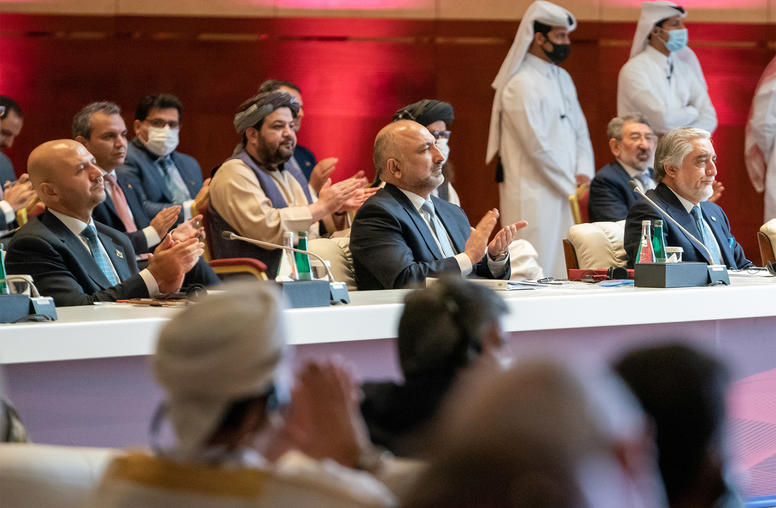
Five Things to Know About the Afghan Peace Talks
The intra-Afghan negotiations that began on Saturday represent a watershed moment in the war: the first direct, official talks between the Taliban and the Afghan government. These historic talks commenced 19 years and one day after al-Qaida's 9/11 terrorist attacks drew the United States into Afghanistan's civil war. Just getting the Afghan government and the Afghan Taliban to the table is an accomplishment. The main reason the talks materialized is the U.S.-Taliban agreement signed in February of this year; that agreement delivered a timetable for the eventual withdrawal of foreign troops, which met the Taliban’s years-long precondition for opening talks with the Afghan government.
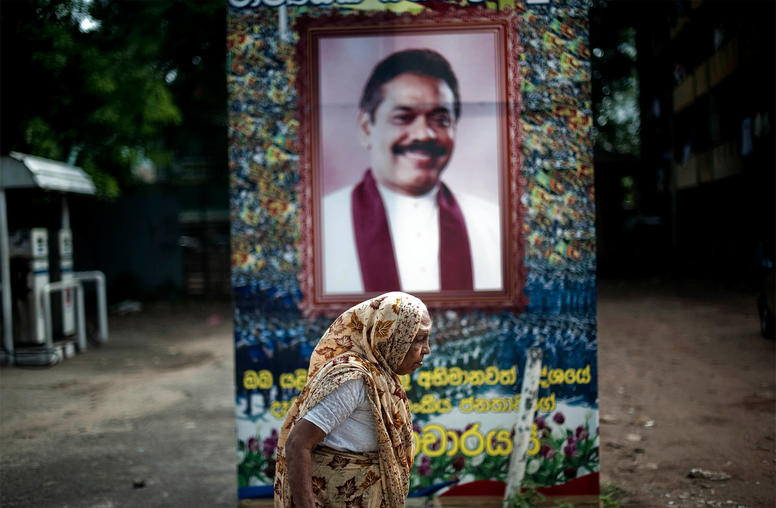
Sri Lanka’s Election Helps Cement the Rajapaksas’ Return to Power
The Sri Lanka People's Front (SLPP) gained a parliamentary supermajority earlier this month in what was the first major election held in South Asia since the coronavirus pandemic began. The results solidified the political power of Prime Minister Mahinda Rajapaksa and his brother, President Gotabaya Rajapaksa, who had dissolved the previous parliament shortly after he was elected last year. USIP’s Jumaina Siddiqui, Tamanna Salikuddin and Vikram Singh look at whether the polls were free and fair, what the landslide victory means for Sri Lanka as the country continues its recovery from civil war, and how the election impacts South Asia.
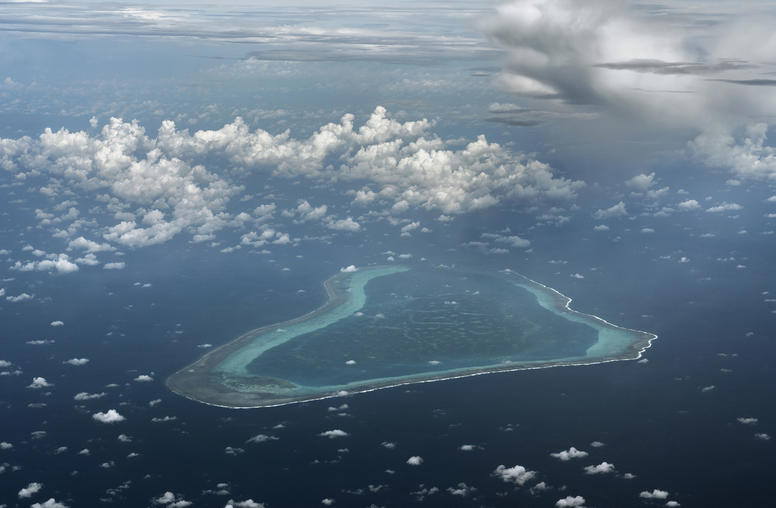
Tensions Rise as Washington Rejects Beijing’s Maritime Claims
Based on what Beijing calls “historic rights,” China claims vast swaths of the South China Sea, including waters and features also claimed by the Philippines, Vietnam, Malaysia, and Brunei. With no reference to international law, China’s “nine-dash-line” encompasses 80 percent of the South China Sea reaching as far south as more than 1,000 nautical miles from the China’s coast, within 50 nautical miles of Malaysia. Within these waters lie features occupied by China, the Philippines, Vietnam, Malaysia, and Taiwan, including three artificial islands that China built in 2012 and has since developed into military bases.

Vikram Singh on Tensions Along the China-India Border
In recent weeks, Chinese and Indian soldiers have been fighting on their long-disputed border. USIP’s Vikram Singh says these skirmishes are not new—but that the latest hostilities echo China’s aggression in other parts of the region, saying, “It seems like China is flexing its muscle in every direction.”
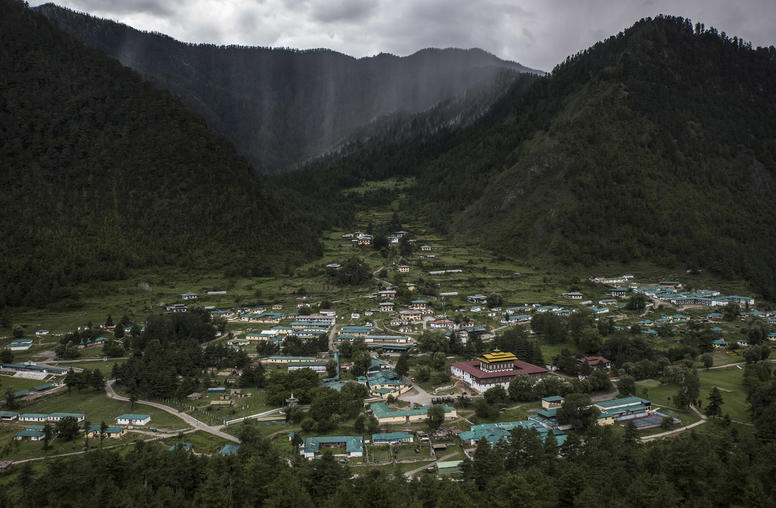
India and China Come to Blows in the Himalayas
In early May, a fistfight broke out between Chinese and Indian soldiers along the disputed border between the world’s two most populous, nuclear-armed nations. A few days later, Chinese soldiers confronted Indian soldiers at several other points along the Line of Actual Control (LAC), which has served as the de facto border between the two countries since the 1962 Sino-Indian war. Both countries have more recently ramped up their military presence in the region. This escalation of tensions comes as China has turned increasingly assertive in its neighborhood, and as the world grapples with the COVID-19 pandemic. USIP’s Vikram J. Singh, Jacob Stokes, and Tamanna Salikuddin look at the causes behind the flare-up and its potential consequences.
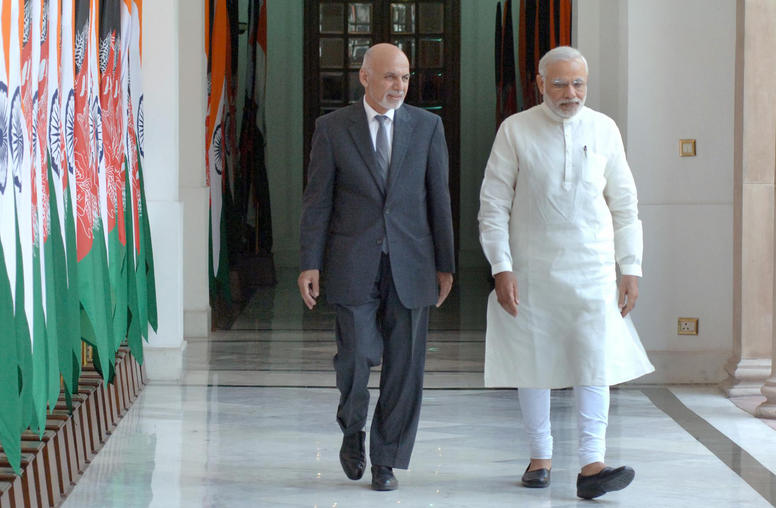
Can India Help Bring Peace to Afghanistan?
After February’s landmark U.S.-Taliban framework agreement, Afghanistan is still trying to initiate the next steps of their peace process, including intra-Afghan talks and prisoner exchanges. The country’s regional neighbors will be critical to the success or failure of the proposed talks. And while most attention naturally goes to Pakistan, with some focus also given to Iran and China, U.S. Special Representative Zalmay Khalilzad has made clear that India also has a vital role to play.
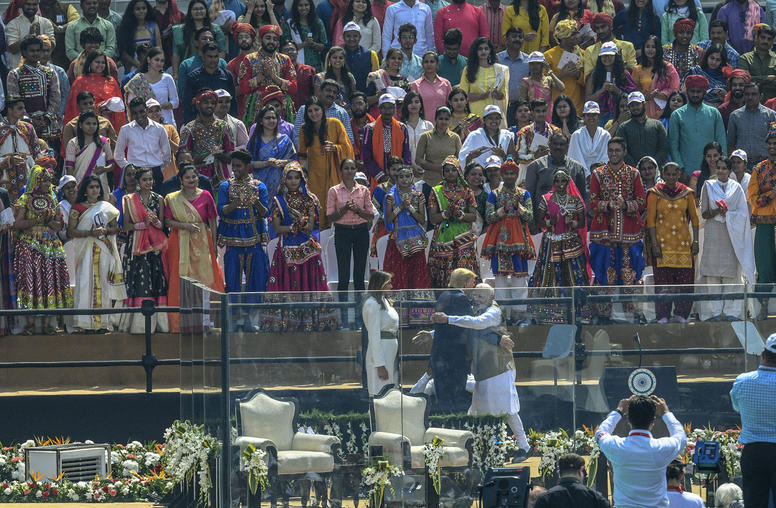
Four Things to Know About President Trump’s Trip to India
President Trump’s recent trip to India yielded no progress on a bilateral trade agreement, one of the main issues both leaders hoped to address. Despite the trade impasse, both President Trump and Indian Prime Minister Narenda Modi used the two-day trip to reinforce the positive relationship between the U.S. and India, as official discussions finalized several defense and energy deals. USIP’s Vikram Singh looks at the state of trade talks, the possibility of U.S. mediation in Kashmir, India’s regional stance on the Afghan peace process, and how China’s growing global influence impacts U.S.-India relations.

Vikram Singh on President Trump’s Trip to India
The visit did not yield a bilateral trade agreement, as many hoped it would. But USIP’s Vikram Singh says that despite the trade impasse, the trip did deliver defense and energy deals and reinforced “the symbolism of this partnership continuing to grow basically as it has for the entire 21st century.”
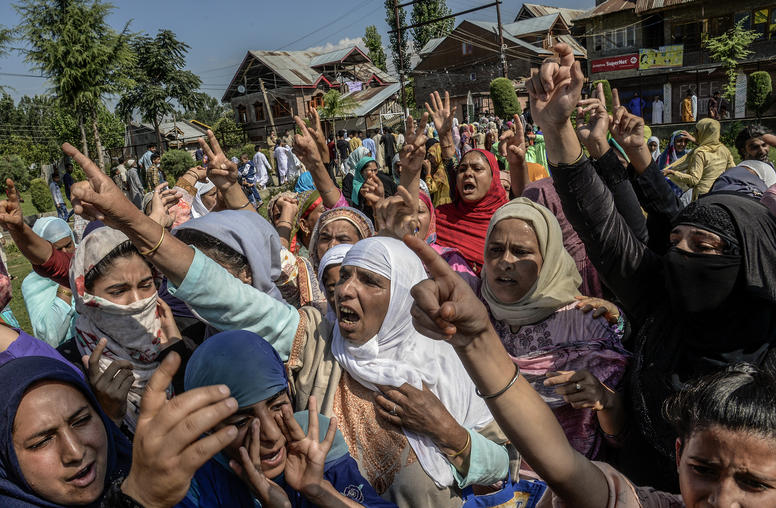
Kashmir Crisis Raises Fear of Intensified India-Pakistan Conflict
Last week, India made a controversial decision to revoke the special status of the disputed region of Kashmir and sent thousands of troops to quell any potential unrest. The Muslim-majority territory has been a major source of tension between India and Pakistan since it was partitioned between...

Vikram Singh on Hong Kong and India-Pakistan
Massive unrest has hit Hong Kong, as citizens protest an extradition law they believe is favorable to China. Vikram Singh says protesters’ fear that Beijing is working to undermine Hong Kong’s longstanding judicial independence. Looking at India and Pakistan, Singh says that the chances for meaningful dialogue right now are small, as both countries focus on their own issues.